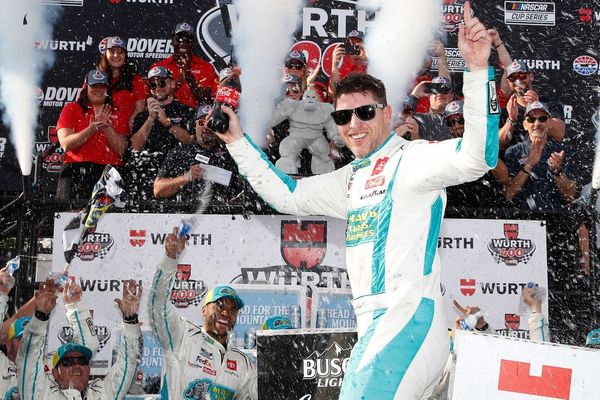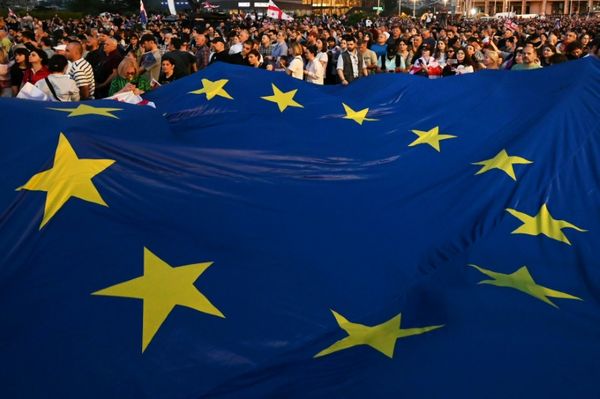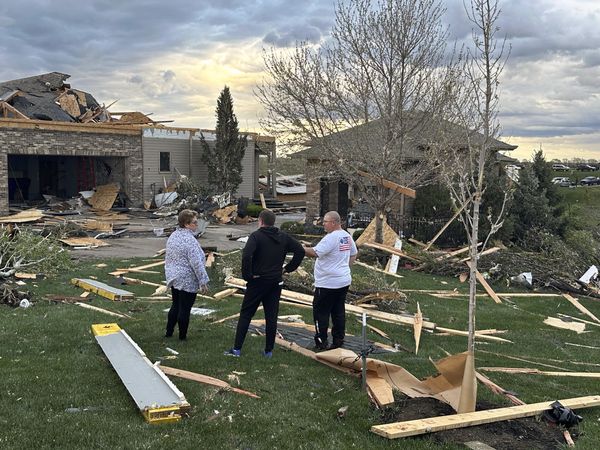
In Political Lives: Australian prime ministers and their biographers, Chris Wallace has given us something to be nostalgic about. Not the prime ministers — they’re as flawed as they’ve always been. Rather, it’s the journalists of yesteryear who seem better equipped to tackle those politicians and make meaningful stories out of them.
Wallace, a political historian, is at heart an irrepressible journalist. Naturally Political Lives is a romping read (there is, after all, an intimate 32-page account of former prime minister Bob Hawke, his wife Blanche d’Alpuget and their biographical exertions). There’s plenty of stuff for political junkies too: lively portraits of Australia’s first 25 prime ministers; gripping accounts of their contemporaneous chroniclers.
And there’s a serious argument here. “Reputation is political capital,” Wallace writes. “Biographers are among those who coin it, and who can destroy it, as well as providing the material for others to do the same for their own multifarious reasons.”
In other words, life stories matter in the public sphere, and those who fashion them must take the craft seriously. Wallace takes it more seriously than most: she decided not to publish her nearly completed biography of Julia Gillard during the latter’s turbulent prime ministership. She didn’t want to be a propagandist for Gillard, or for her opponents.
This time, she deals with material that cannot feed the political sharks. In fact, journalists, rather than politicians, are the most vivid characters.
There’s much admiration for those who preceded Wallace in chancing their arm at political biography, particularly those who did so from the vantage point of the Canberra press gallery. The work of the journalist-biographer is something Wallace largely celebrates, whether it’s the “insightful” Arthur Buchanan writing about the lives of early federal leaders, only to die with those sketches unpublished; the “experienced” and much-maligned Allan Dawes carefully excavating the skeletons in Menzies’ political closet until he is sent packing; or the “pioneering” financial columnist Edna Carew coaxing testimony from a Paul Keating who was at that time hungrier to lead than to read.
These qualities are emulated in Wallace’s approach to historical inquiry. The reader sees her sleuthing through the National Library’s manuscripts, assiduously contacting the living subjects of her story, and “making do” with occasionally limited material to get to the “biographical angle” of political culture.
She’s not completely uncritical of her forebears though, and for good reason. Political biographies were mostly written by “white male journalists”; regrettable, because it reproduces a kind of political “monoculture”. Journalists are easily tempted to become a “participant” rather than a observer, and they’re sometimes pressured into “concealing” that which they cannot place on the record.
Most damningly, they have been far too “shy of the psychological”, the result being that the public knows “just that much less about their potential and serving prime ministers”.
But what exactly do voters want to know? Years of sleaze and scandal have left Australians a little exasperated with their politicians’ private lives, and wary of the way journalists engage with them. There have been just too many revelations of ministerial affairs with staffers, conducted in lavish motels and then hushed up with cash settlements, all funded by the taxpayer.
Having paid for it all, voters might reasonably have expected a bit more rigour from their reporters, except that they have also sometimes been in bed with the politicians — literally, as well as figuratively. Instead, the mystique of the modern political report seems calibrated to disguise either collusion or carelessness.
The 2022 federal election campaign is a case in point. Much media coverage was biographically myopic, historically illiterate, and allergic to anything resembling political insight. There were sharp biographic profiles to be sketched and political psychologies to be gleaned. But then again, such an exercise required questions other than: “What’s the cash rate, Mr Albanese?”
In any event, prospective leaders still try their best to give the people mini-biographies along the way. Albanese has been good at managing his life narrative for political effect.
Samantha Maiden wrote in Party Animals (2020) that the prime minister had spent many years telling anyone who would listen that he didn’t have a “destiny thing” like Hawke. By May 2022, voters had heard repeatedly about the Marrickville boy from public housing and his single (often seriously unwell) mother.
If they hadn’t read Karen Middleton’s 2016 biography of Albanese, Telling It Straight, they could hear the plot summary on 60 Minutes — if the previous week’s footage of Scott Morrison butchering “April Sun in Cuba” on his ukelele hadn’t turned them off the program for good.
It’s not that political lives matter more or less today than in the time of Whitlam and Fraser or Hawke and Keating. Albanese’s story, for instance, clearly meant something to many who voted for him. There was much respect for his life story, even if there was equal enthusiasm in some quarters to hear a bit more about policy.
There will be plenty more biographies of plenty more (aspiring) prime ministers. And there will be more biographers to interrogate and showcase those lives. Some will be journalists, but Wallace implores authors from diverse backgrounds to have a go at the craft in the hope of fostering a less stale political culture.
She’s wise to do so. The best of the books she studied, Blanche d’Alpuget’s Robert J Hawke, was written by someone who described herself as “not a good journalist”.







